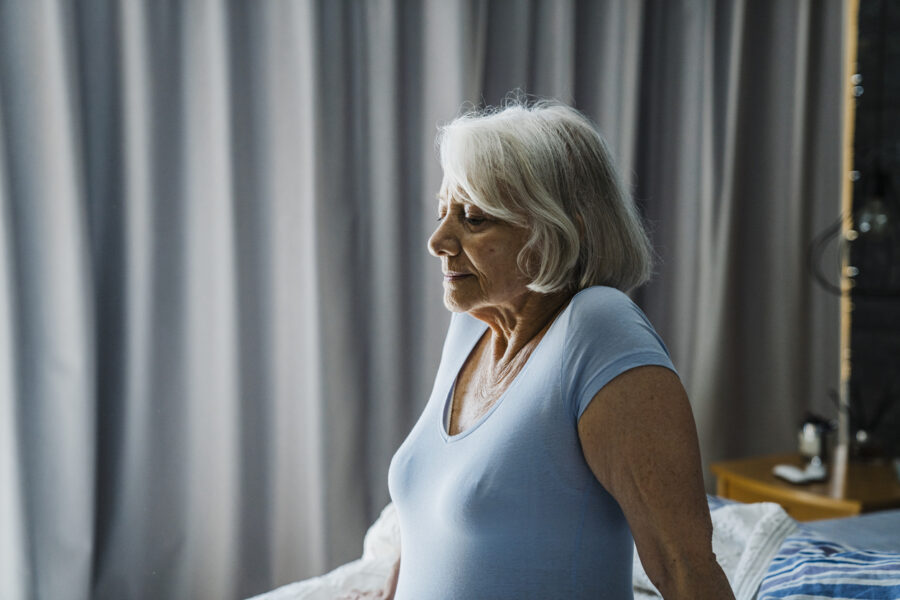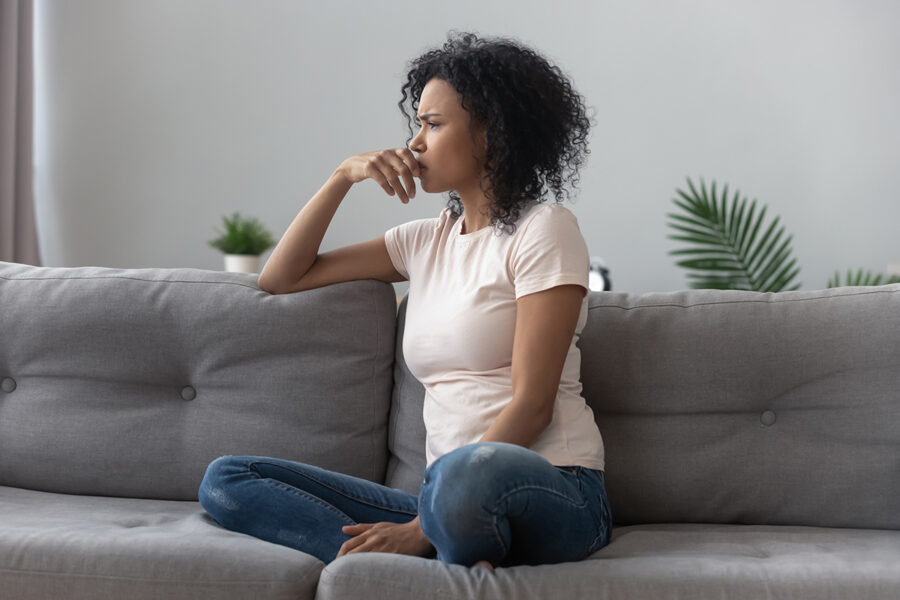Don’t Even Think About That

How Learn to Live Delivers CBT: Part 6 Many times we hear "Don't even think about that!" This is to avoid a bad thing happening or feeling troubled. But we know thinking something does not make it happen. That is magical thinking. In fact, the opposite is true. Thinking about what we fear can help us become unafraid. This is called imaginal exposure. With it, we think on purpose about things we worry about happening. Some people have used virtual reality to help imagine feared things. Research shows imagining bad outcomes can sometimes work as well as virtual reality. We…
Dr. Russ MorfittAugust 9, 2023






